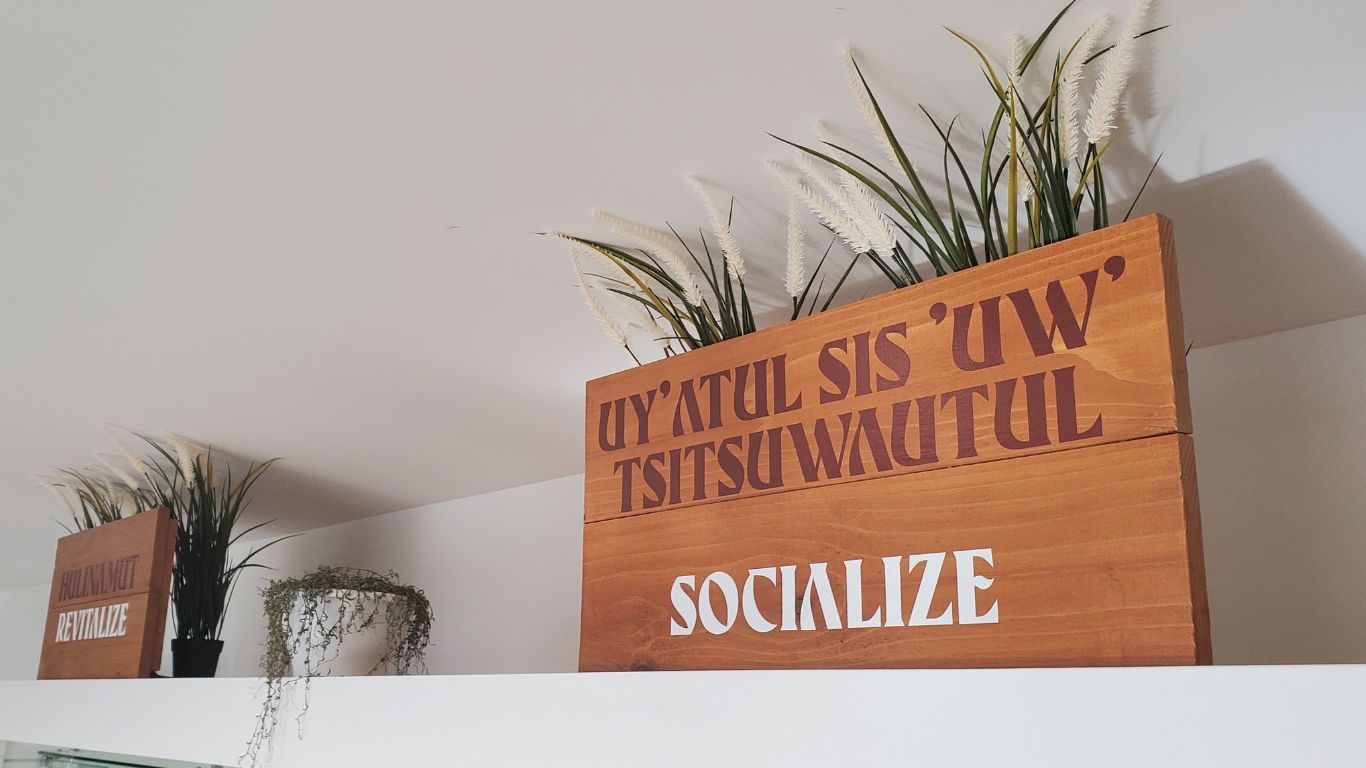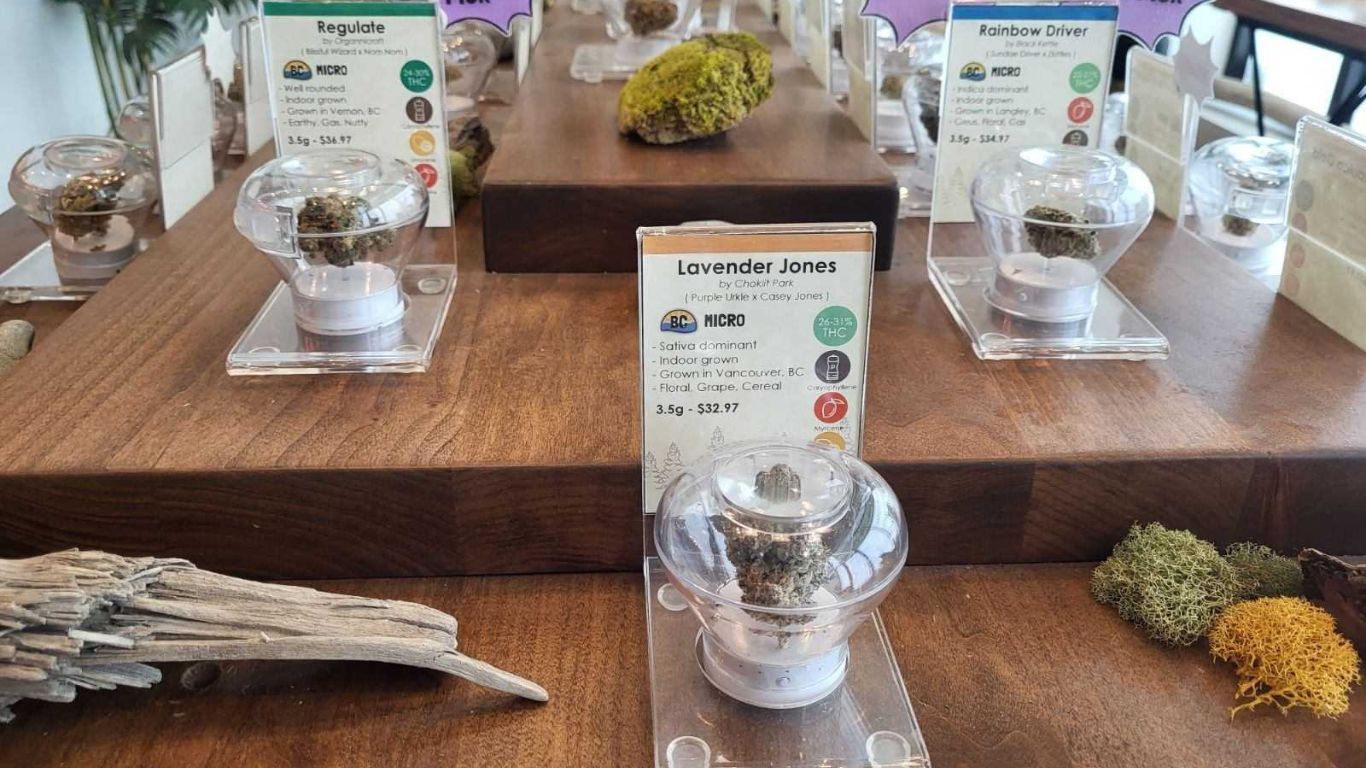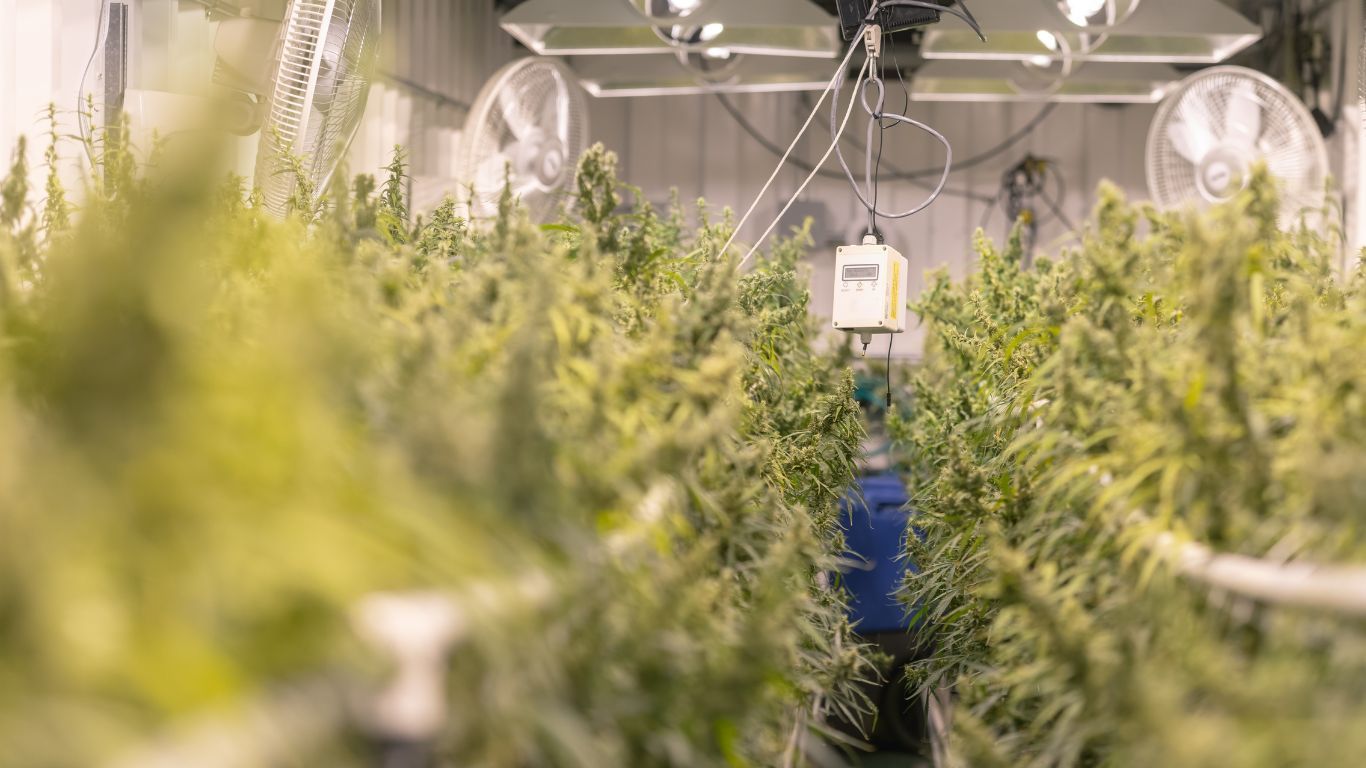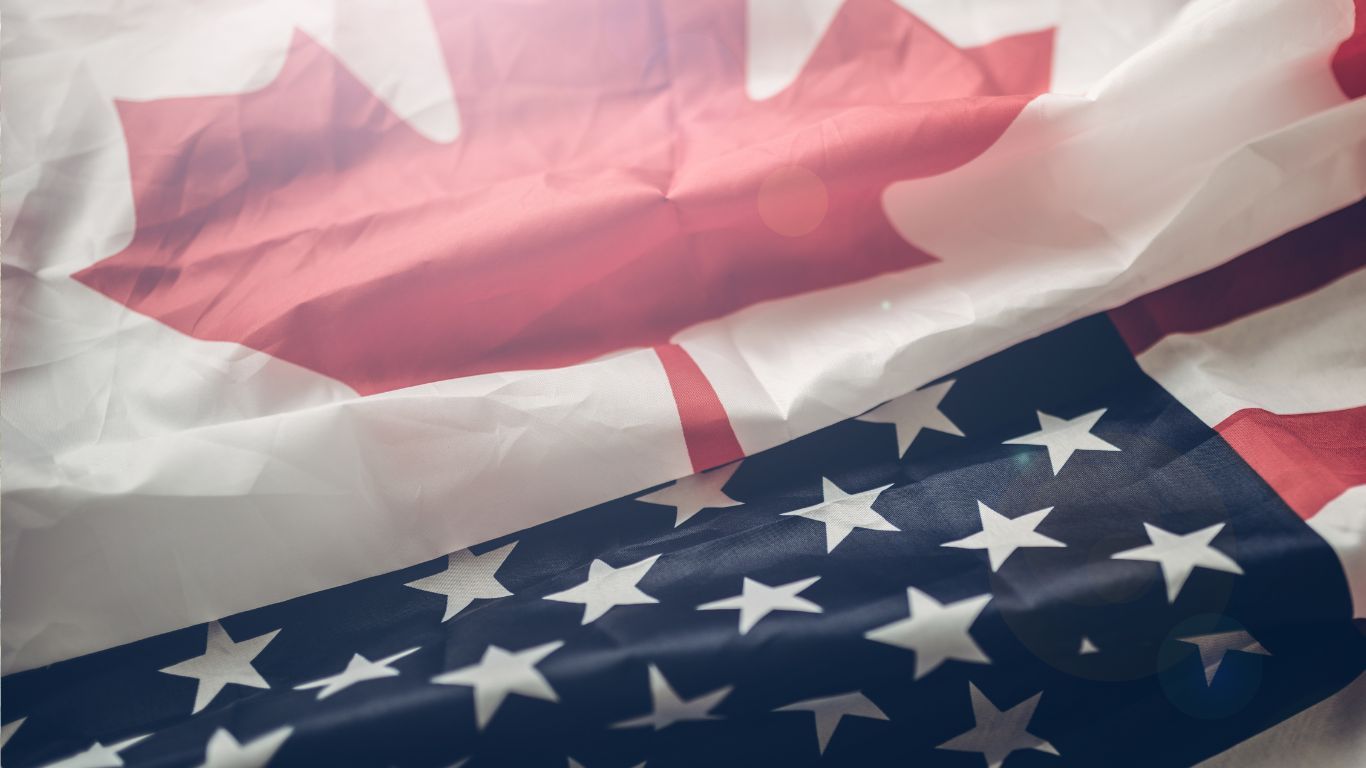
The BC government says they are providing additional funding to support Indigenous participation in the regulated cannabis industry.
First launched in December 2022, the BC Indigenous Cannabis Business Fund (ICBF) supports First Nations communities and Indigenous businesses in British Columbia that want to increase their participation in, or join, the regulated cannabis industry.
The provincial government announced nearly $2.3 million in additional funding for the New Relationship Trust which oversees the ICBF. This funding is on top of up to $7.5 million in funding previously announced by the provincial and federal governments over three years.
The announcement comes on the same day that Mike Farnworth, Minister of Public Safety and Solicitor General, gave a speech at the BC Cannabis Summit in Kelowna, which was sponsored, in part, by All Nations, a cannabis producer owned and operated in Shxwhá:y Village in Chilliwack, BC.
In addition to providing capital for launching or expanding cannabis businesses in BC, the fund will support “business planning and advisory services” and will seek to assist Indigenous businesses or First Nations to cover the costs related to licensing and permitting.
“I am pleased that this additional grant will support Indigenous entrepreneurs in British Columbia,” said Farnworth in a press release. “It is another step forward in keeping true to our commitment to develop a robust, diverse and sustainable regulated cannabis economy that is inclusive of Indigenous entrepreneurs and First Nations communities.”
Regional Chief Terry Teegee of the BC Assembly of First Nations said the announcement is an example of the organization’s commitment to UNDRIP, which seeks to secure the rights of Indigenous peoples around the world.
“I commend the Province for enhancing its support of First Nations cannabis-related economic development through the ICBF. This fund is one example of how the BC Assembly of First Nations advocates and works collaboratively to advance First Nations rights and interests in alignment with the United Nations Declaration on the Rights of Indigenous Peoples.”
Hugh Braker, a political executive for the First Nations Summit, whose mandate is to support First Nations in conducting their own direct treaty negotiations with Canada and BC, says the additional funding can assist in the broader fight for indigenous self-determination.
The ICBF was developed by the Canadian federal government and British Columbia in partnership with the BC Assembly of First Nations and the First Nations Summit through the federal Strategic Partnerships Initiative (SPI).
“We are pleased BC is providing additional funding for the IBCF. The cannabis industry is one of many sectors where First Nations communities and entrepreneurs can work to create self-determined economies, engage in the BC economy and take a lead in the cannabis industry going forward,” adds Braker.
“We continue to see this program as a key support for the priorities of First Nations in relation to cannabis and look forward to how it will evolve as we continue to work to align provincial and federal laws with the United Nations Declaration on the Rights of Indigenous Peoples.”
The BC government has entered into agreements with several First Nations communities who have sought to enter the legal cannabis industry. BC’s section 119 agreements allow the provincial government to enter into agreements with Indigenous Nations, “providing a mechanism for meaningful government-to-government dialogue and supporting collaboration that enables both governments to achieve individual and shared goals.”
BC has now signed Section 119 agreements with seven First Nations in the province, the most recent with the Tsleil-Waututh Nation located in the Lower Mainland.
A sign inside All Nations‘ cannabis farmgate store located in Shxwhá:y Village











